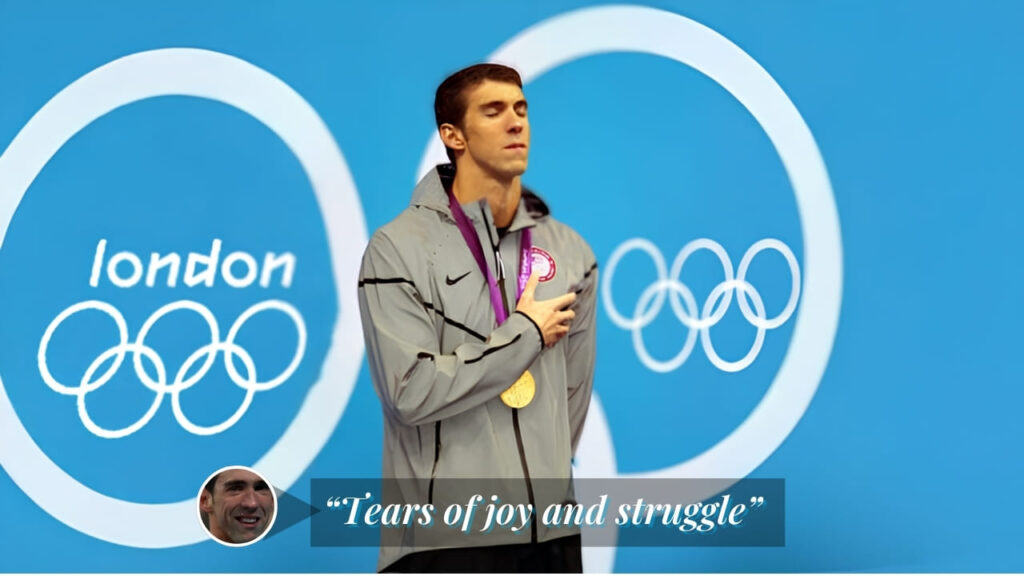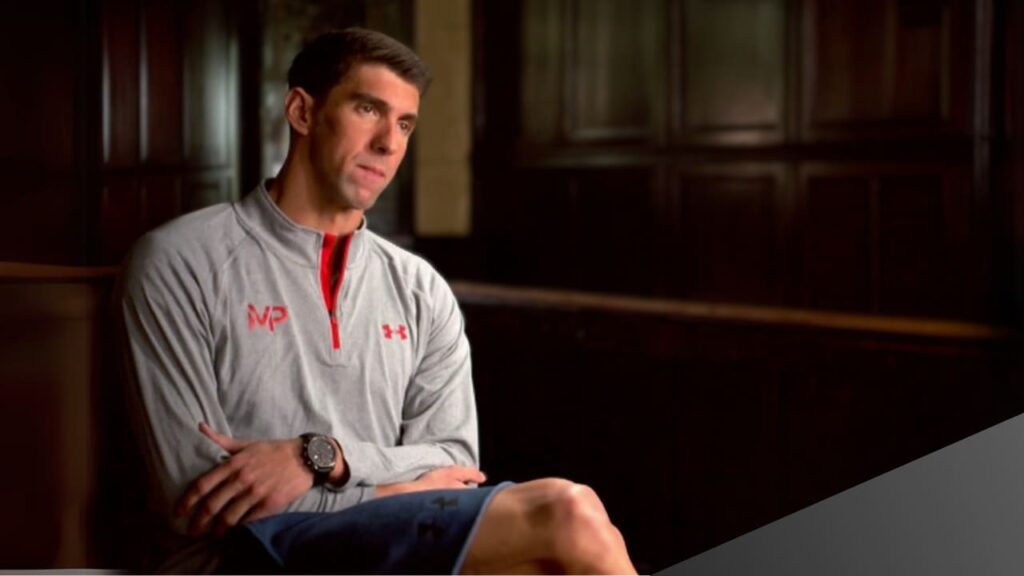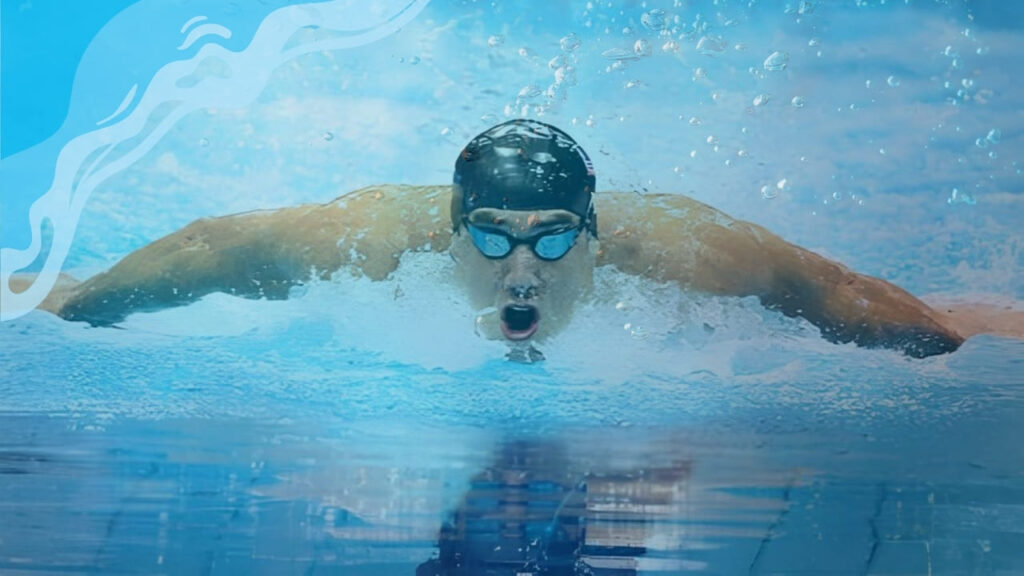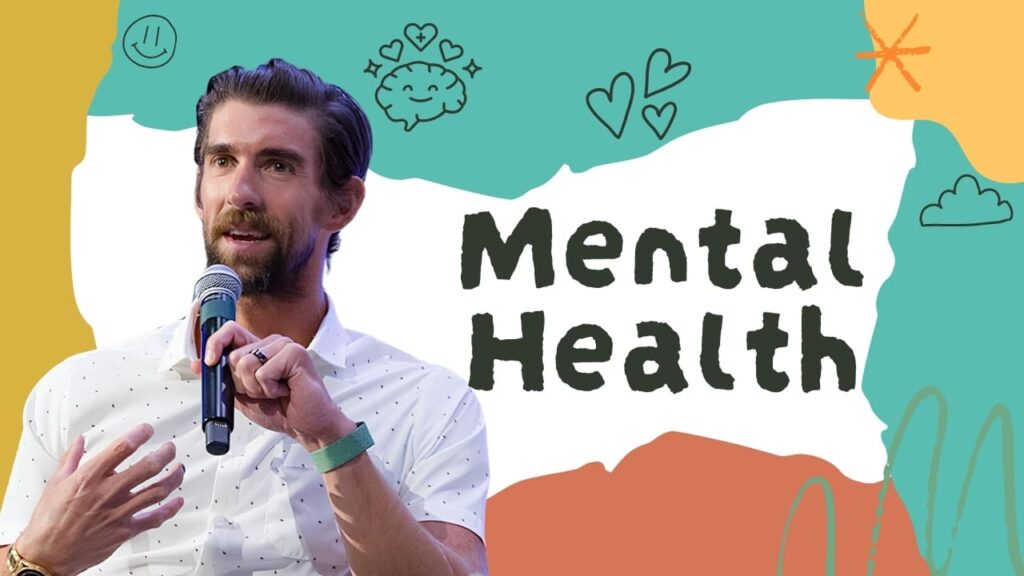Advertisement

- Updated on May 18, 2025
- IST 8:54 am
Picture this: the summer of 2012, the London Aquatics Centre buzzing with anticipation, and Michael Phelps, the man who’d already conquered the swimming world, diving into the pool once more. When he touched the wall to claim his fourth gold medal of those Games, the crowd erupted in a roar that echoed across continents. But behind the glint of those medals and the thunderous applause was a story far deeper than victory laps—a story of a man wrestling with his own mind, battling depression, and emerging stronger. For us Indians, aged 15 to 45, who’ve cheered for our own sporting heroes like Sachin and Sindhu, Phelps’ journey offers a universal truth: even legends cry, and those tears can fuel greatness.
This isn’t just about swimming records or Olympic glory. It’s about the tears behind the medals—the quiet struggles, the dark nights, and the sheer will to rise again. In this blog, we’ll take you through Michael Phelps’ emotional odyssey leading up to the 2012 London Olympics, where he turned personal turmoil into triumph. From his meteoric rise as a swimming prodigy to his fight against mental health demons, and finally, his golden return, this is a tale of resilience that speaks to anyone who’s ever faced a storm. So, pour yourself a cup of chai, get comfy, and let’s dive into the deep end of Phelps’ incredible story.

The Making of a Swimming Legend
Michael Phelps wasn’t just born to swim—he was born to redefine it. Hailing from Baltimore, Maryland, and entering the world on June 30, 1985, Phelps was a hyperactive kid diagnosed with ADHD. The pool became his refuge, a place where chaos turned into rhythm. At just 15, he qualified for the 2000 Sydney Olympics, the youngest American male swimmer in nearly seven decades. He didn’t medal then, but the world took notice—this kid was special.
Fast forward to 2004 in Athens, and Phelps exploded onto the global stage with six gold and two bronze medals. Then came Beijing 2008, the pinnacle of perfection: eight events, eight golds, shattering Mark Spitz’s 1972 record. By the time 2012 rolled around, he’d racked up 16 Olympic medals, 14 of them gold. He was the “Flying Fish,” a superhero in goggles, a name as iconic in swimming as Tendulkar’s is in cricket.
For Indians, Phelps’ early career mirrors the rise of our own sporting giants. Like Virat Kohli chasing runs with relentless precision, Phelps chased records with every stroke. But as we’d soon learn, even superheroes have their kryptonite—and for Phelps, it wasn’t a rival swimmer, but the weight of his own mind.

Into the Abyss: The Battle with Depression
After Beijing 2008, the world saw Phelps as invincible. But behind the medals, he was crumbling. “I didn’t want to be in the sport anymore,” he later admitted in a raw interview. “I didn’t want to be alive.” Depression had crept in, a silent tide pulling him under. The pressure of being the world’s greatest swimmer, the constant spotlight, and personal struggles—like his parents’ divorce—piled up like bricks on his chest.
In 2012, he retired after London, but the darkness followed. By 2014, he hit rock bottom, arrested for DUI after a night of drinking and despair. He’d later describe locking himself in his room for days, contemplating the unthinkable. “I felt like I was a failure,” he said. “All those medals, and I still felt empty.”
This part of Phelps’ story hits home for many in India. Mental health isn’t something we’ve always talked about openly—whether it’s the pressure of exams for a 15-year-old or the burnout of a 45-year-old breadwinner. Phelps’ struggle is a mirror to our own silent battles, a reminder that even the strongest among us can falter. Like Arjuna facing doubt before the Kurukshetra war, Phelps stood at his own crossroads, questioning his purpose.
The Spark of Redemption: Why He Came Back
So, what pulled Phelps out of that abyss? It wasn’t just the lure of more medals—it was a fight to reclaim himself. After his 2014 DUI, he checked into rehab, a 45-day program that became his turning point. “I had to face myself,” he said. With therapy, support from his coach Bob Bowman, and his family, he began to piece himself back together.
Swimming, once a burden, became his anchor again. In 2011, before London, he’d already decided to unretire—not for glory, but to prove he could still do it. “I wanted to finish on my terms,” he explained. His training was brutal: six-hour pool sessions, weights, and a diet of 10,000 calories a day (imagine a stack of rotis that high!). But more than physical prep, he worked on his mind—meditation, visualization, and honest conversations about his struggles.
For Indian fans, this is the stuff of Bollywood drama—a hero down but not out, rising like Shah Rukh Khan in Chak De! India. Phelps’ comeback wasn’t just about swimming faster; it was about swimming through the pain, a lesson in resilience we can all take to heart.

London 2012: Four Golds, One Epic Triumph
The 2012 London Olympics were Phelps’ proving ground. He entered seven events, a Herculean task for any athlete, let alone one fighting inner battles. Here’s how it unfolded:
- 200m Butterfly: He took silver, losing to Chad le Clos by a hair. A setback, but a sign he was still in the game.
- 4x200m Freestyle Relay: Gold, alongside teammates, proving his leadership hadn’t dimmed.
- 200m Individual Medley: Gold again, clocking 1:54.27, a masterclass in versatility.
- 100m Butterfly: Another silver, a fierce duel with le Clos, showing his grit.
- 4x100m Medley Relay: Gold, the perfect capstone, with Team USA dominating.
Four golds, two silvers, bringing his career total to 22 Olympic medals, 18 gold. Each win was a statement: “I’m still here.” The 200m Individual Medley stood out—Phelps surging ahead, his strokes a symphony of power and grace. As he climbed out of the pool, the exhaustion was visible, but so was the relief. He’d done it—not just for the world, but for himself.
Imagine the cheers in an Indian stadium if Neeraj Chopra reclaimed his javelin gold—that’s what Phelps’ London moment felt like. For us, it’s a thrill we get, a pride in watching someone defy the odds.

The Ripple Effect: Changing the Mental Health Conversation
Phelps didn’t just win medals in London; he won hearts by opening up about his struggles. Post-2012, and especially after rehab, he became a vocal advocate for mental health. “It’s okay to not be okay,” he’d repeat, a mantra that cut through stigma like a knife. In 2018, he launched the Michael Phelps Foundation, promoting water safety and mental wellness.
In India, where stars like Deepika Padukone have bravely shared their depression stories, Phelps’ voice amplifies the message. Mental health is no longer a whisper here—it’s a conversation, slowly gaining volume. From a teen in Delhi juggling board exams to a parent in Mumbai balancing work and home, Phelps’ journey says: you’re not alone, and there’s strength in seeking help.

Conclusion: A Legacy Beyond the Pool
Michael Phelps’ 2012 comeback isn’t just a chapter in Olympic history—it’s a human story of falling, fighting, and flying again. Those four golds in London were more than metal; they were symbols of a man who’d swum through his darkest waters to find light. As we look to the future—maybe the 2026 Olympics—will an Indian swimmer rise to inspire us the way Phelps has? Perhaps a kid from Kerala or Kolkata is already in the pool, dreaming big.
Phelps teaches us that tears don’t weaken us—they water the seeds of triumph. So, what’s your take? Have you faced your own battles and come out stronger? Drop your thoughts below, and let’s honor the tears behind the medals together.
You May Like This
Advertisement

You May Like This








Advertisement

Advertisement

Advertisement





